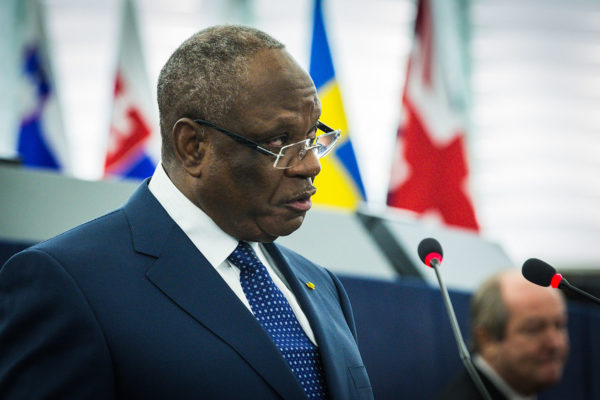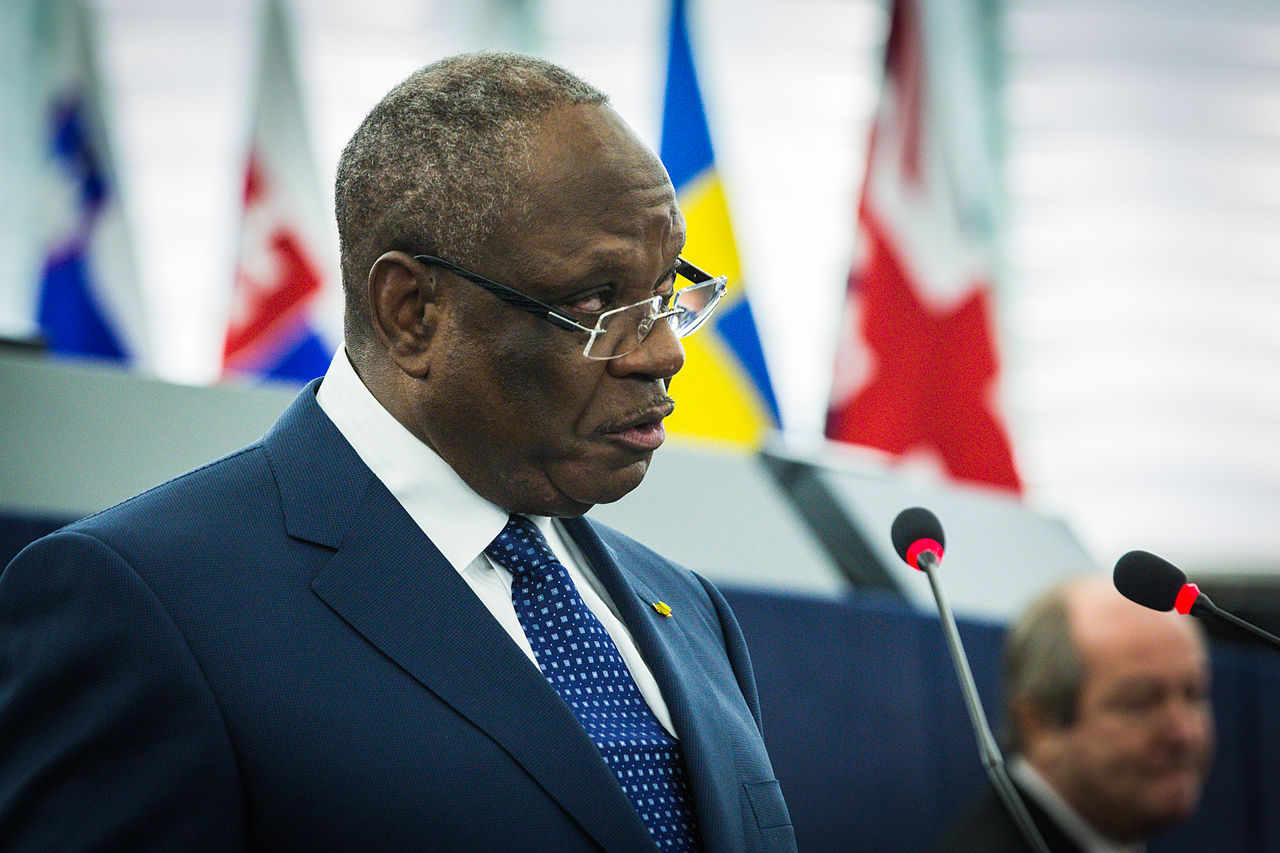
Mali’s President Ibrahim Boubacar Keïta has stepped down, after being detained by soldiers on August 18.
In a TV address, Ibrahim Boubacar Keïta said he was also dissolving the government and parliament, adding: “I want no blood to be spilled to keep me in power.”
The president and PM Boubou Cissé were taken to a military camp near the capital Bamako, drawing international condemnation.
A spokesman for the soldiers called for “a civil political transition leading to credible general elections”.
Ibrahim Boubacar Keïta won a second term in elections in 2018, but there has been anger over corruption, the mismanagement of the economy and a dispute over legislative elections. It has prompted several large protests in recent months.
There has also been anger among troops about pay and over a continuing conflict with jihadists.
Wearing a surgical mask amid the coronavirus pandemic, President Keïta resigned in a brief address on state TV.
“If today, certain elements of our armed forces want this to end through their intervention, do I really have a choice?” he asked.
“I hold no hatred towards anyone, my love of my country does not allow me to,” he added.
“May God save us.”
A televised statement was read out early on August 19 on behalf of the National Committee for the Salvation of the People.
Air force deputy chief of staff Col-Major Ismaël Wagué said: “Civil society and political social movements are invited to join us to create together the best conditions for a civil political transition leading to credible general elections for the exercise of democracy through a roadmap that will lay the foundations for a new Mali.”
He added: “As of today, all air and land borders are closed until further notice. A curfew is in place from 09:00 to 17:00 until further notice.”
Flanked by soldiers, Col. Wagué said: “Our country is sinking into chaos, anarchy and insecurity mostly due to the fault of the people who are in charge of its destiny.”
It remains unclear who began the mutiny, how many soldiers took part or who will now take charge.
It appears to have started when mutinying soldiers took control of the Kati camp, where the president and PM were later taken.
After taking over the camp, about 9 miles from Bamako, the mutineers marched on the capital, where they were cheered by crowds who had gathered to demand President Keïta’s resignation.
Mali Hotel Siege: President Ibrahim Boubacar Keita Declares State of Emergency
Mali Radisson Blu Hotel Attack Leaves at Least Three Dead
On August 18, they stormed his residence and arrested the president and his prime minister – who were both there.
The president’s son, the speaker of the National Assembly, the foreign and finance ministers were reported to be among the other officials detained.
Kati camp was the focus of a mutiny in 2012, also by mid-ranking soldiers, who were angry at the inability of the senior commanders to stop jihadists and Tuareg rebels taking control of northern Mali.
When news first broke of the mutiny, the UN and African Union both called for the release of those held by the soldiers.
The Economic Community of West African States (Ecowas), a regional body, also said its 15 member states had agreed to close their borders with Mali, suspend all financial flows to the country, and eject Mali from all Ecowas decision-making bodies. In recent months, Ecowas has been trying to mediate between President Keïta’s government and opposition groups.
The UN Security Council is to meet on August 19 to discuss the latest developments in Mali.
Mali’s former colonial ruler, France, was also quick to condemn the president’s detention, and Foreign Minister Jean Yves Le Drian urged the soldiers to return to barracks.
Mali is a key base for French troops fighting Islamist insurgents across the Sahel region.
